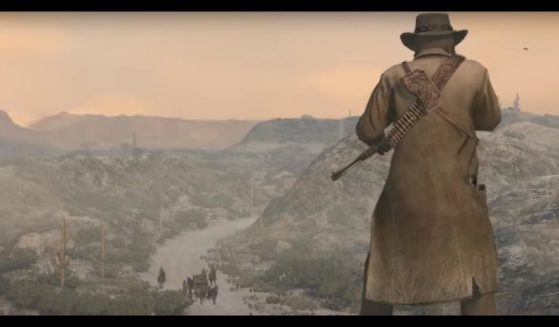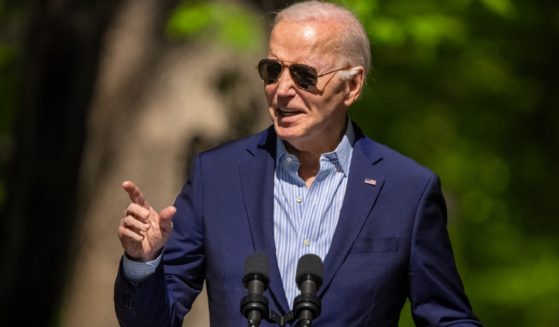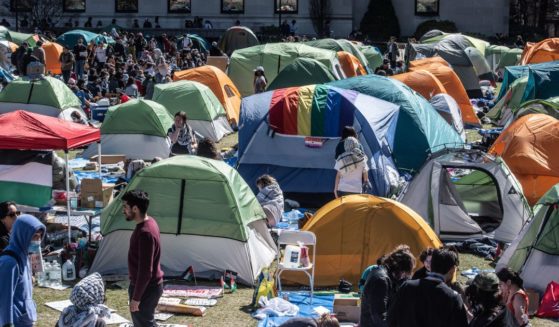Court lifts injunction blocking Keystone XL oil pipeline
HELENA, Mont. (AP) — An appeals court has lifted a judge’s injunction that blocked construction of the Keystone XL oil pipeline from Canada to the U.S., but the developer has said it’s too late to begin work this year and environmental groups vowed to keep fighting it.
A three-judge panel of the 9th U.S. Circuit Court of Appeals on Thursday ordered dismissal of the lawsuit by environmental and Native American groups, saying President Donald Trump had revoked a 2017 permit allowing the $8 billion pipeline to be built.
Trump later issued a new permit, and the appellate judges agreed with Justice Department attorneys who say that nullifies the legal challenge involving environmental impacts.
The pipeline would ship up to 830,000 barrels (35 million gallons) of crude oil daily from the tar sands of Alberta through Montana, South Dakota and Nebraska, where it would tie in to existing pipelines to carry the crude to U.S. refineries.
The ruling Thursday was a victory for TC Energy, a Calgary, Alberta-based company that wants to build the line, though company officials have said it already missed the 2019 construction season because of court delays.
“We are pleased with the ruling,” TC Energy spokesman Matthew John said. “We look forward to advancing the project.”
John did not respond to questions on whether the ruling would change the construction schedule.
Attorneys for the plaintiffs accuse Trump of trying to get around court rulings by issuing the new permit, which they say also is flawed. They have filed another, ongoing lawsuit to block the new presidential permit.
Attorney Stephan Volker, who represents the Indigenous Environmental Network and North Coast Rivers Alliance, said he would request another judge’s order to block the project if he thought there was a chance of construction beginning immediately.
Representatives of a half-dozen other environmental groups vowed to keep fighting in court and predicted the pipeline will never be built.
“We shouldn’t forget the underlying issue here — global warning,” Volker said. “We’re trying to save the Earth. I wish the federal government would pay attention to the science and do its job.”
Last fall, U.S. District Judge Brian Morris in Montana ruled that the Trump administration did not fully consider potential oil spills and other environmental effects when it issued the 2017 permit. He blocked construction by issuing a permanent injunction against the project.
White House officials contend a presidential permit can’t be reviewed by a court. After Trump revoked that permit and issued and signed the new one, Justice Department attorneys argued that claims in that lawsuit — and Morris’ injunction — no longer applied.
The environmental groups argued that the government can’t unilaterally sweep aside years of litigation against the long-stalled pipeline.
The Justice Department has not yet responded to the second lawsuit.
The Western Journal has not reviewed this Associated Press story prior to publication. Therefore, it may contain editorial bias or may in some other way not meet our normal editorial standards. It is provided to our readers as a service from The Western Journal.
Truth and Accuracy
We are committed to truth and accuracy in all of our journalism. Read our editorial standards.












